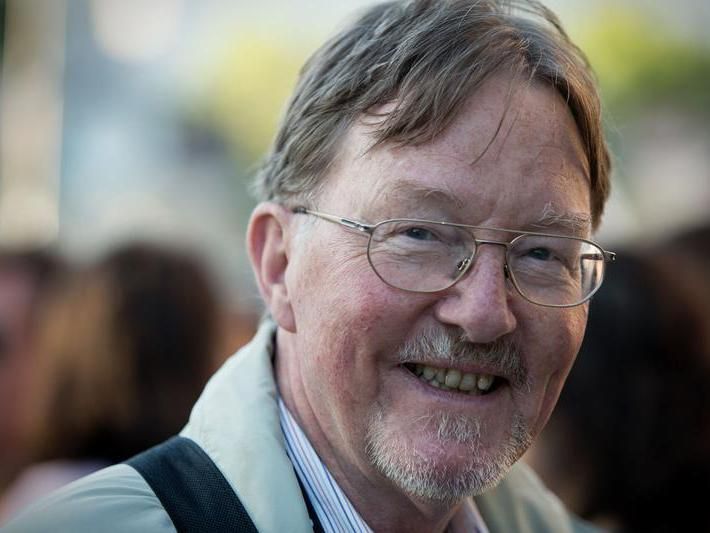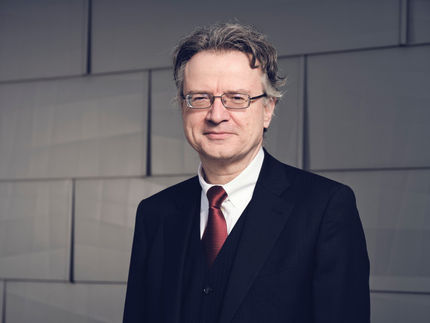Alwin Mittasch Prize 2019 goes to Piet van Leeuwen
Advertisement
The Alwin Mittasch Prize 2019 is awarded to Prof. Dr. Piet W.N.M. van Leeuwen, INSA Toulouse.
With this international catalysis award, the German Catalysis Society (GeCatS) and the DECHEMA Gesellschaft für Chemische Technik und Biotechnologie e.V. honour his groundbreaking contributions to the molecular understanding of catalysis using organometallic complexes and their transfer into industrial Hydroformylation. The prize ceremony will take place at EuropaCat 2019 on 23 August 2019 in Aachen.

Alwin Mittasch Prize 2019 goes to Piet van Leeuwen
P.v.Leeuwen
The Alwin Mittasch Prize is given in recognition of outstanding research that has led to a deeper understanding or widening of fundamentals in catalysis and its industrial application. The Prize is endowed with 10,000 Euro and supported by BASF.
Piet van Leeuwen has worked at the forefront of homogeneous catalysis for his whole professional life. The spectrum of his research is broad and includes supramolecular and, more recently, nanostructured catalysis. He is strongly praised for his contribution on the molecular understanding of ligand effects in metal-catalyzed reactions have led to a number of industrial applications. He was one of the major contributors to the bite-angle concept. The bite-angle has an important influence on the rate and the selectivity of catalytic reactions and thus a key to the optimization of catalytic reactions.
Piet van Leeuwen, born in 1942, studied chemistry at Leiden University and obtained his PhD in 1967. Having joined Shell in 1968, he subsequently worked for the company in several functions in the Netherlands and the U.S. In 1989, he became part-time professor at the University of Amsterdam, becoming a fulltime professor in 1994. From 2004 to 2015 he was Group Leader at the Institute of Chemical Research at Catalonia before taking over his current position as holder of the “IDEX Chaire d’Attractivité”, Université de Toulouse, INSA. Piet van Leeuwen has been a member of numerous boards and received prestigious awards over his career.
Most read news
Organizations
Other news from the department science

Get the chemical industry in your inbox
By submitting this form you agree that LUMITOS AG will send you the newsletter(s) selected above by email. Your data will not be passed on to third parties. Your data will be stored and processed in accordance with our data protection regulations. LUMITOS may contact you by email for the purpose of advertising or market and opinion surveys. You can revoke your consent at any time without giving reasons to LUMITOS AG, Ernst-Augustin-Str. 2, 12489 Berlin, Germany or by e-mail at revoke@lumitos.com with effect for the future. In addition, each email contains a link to unsubscribe from the corresponding newsletter.




























































